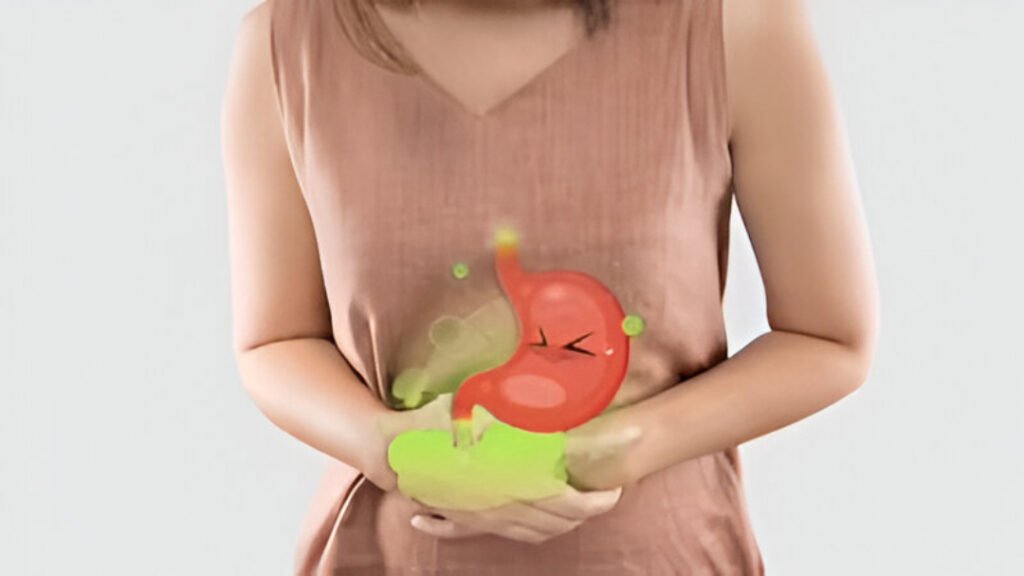
A new international study is warning of a common yet neglected threat to health, Helicobacter pylori (H. pylori), a germ that can be quietly accountable for stomach cancer in millions of cases. According to research published in Nature Medicine by scientists from the WHO’s International Agency for Research on Cancer (IARC), around 12 million cases of stomach cancer among individuals born between 2008 and 2017 could be attributed to this bacteria alone.
What makes H. pylori so deadly?
H. pylori is a familiar creature to the human body. It just so happens that almost half of the world’s population has it in their stomach lining, usually without showing any symptoms. It is easily transmitted through food or water that has been contaminated or even by close contact, particularly in areas with bad sanitation and overcrowding. Though only a small percentage of people show mild symptoms like bloating or indigestion, the real danger lies in the long-term, silent inflammation it causes. It may set the stage for ulcers, chronic gastritis, and ultimately gastric cancer.
The bacterium has been designated as a Class I carcinogen by both the US Carcinogens Report and the IARC, alongside such substances as tobacco and asbestos.
The Alarming Numbers

The study estimates that 15.6 million people born between 2008 and 2017 will develop stomach cancer in their lifetime if current trends continue. Shockingly, about 76% of these cases, 11.9 million, may be directly linked to H. pylori.
Asia is expected to bear the heaviest burden, with over 10 million projected cases, followed by the Americas (13%), Africa (11%), and Europe (8%).
Why Action Is Urgently Needed
Stomach cancer is often called a “silent killer” because early symptoms are either absent or vague, like heartburn, early satiety, or nausea. Once diagnosed, the prognosis is grim, especially in later stages. While the cancer is largely preventable, survival rates drop drastically when it’s detected late.
Encouragingly, the research points out that screen-and-treat H. pylori treatments can decrease cases of cancer by 75%. In some countries, national eradication campaigns involving antibiotics and proton pump inhibitors (PPIs) have already been successful. However, increasing antibiotic resistance is creating a challenge and necessitating repeat rounds of treatment.
Prevention: The Way Forward

Experts recommend that countries with high H. pylori prevalence start mass screening programs, especially for people aged 40 and above. Non-invasive tests like breath or stool samples and timely treatment could save millions of lives in the coming decades.
As Dr. Jin Young Park of IARC pointed out, “There is an urgent need for coordinated prevention strategies… and for regional health systems to be prepared to manage the growing burden.”
In a time when we’re most concerned with threats we can see, this tiny bacterium reminds us that sometimes the deadliest enemies are those we don’t anticipate. Early warning, public awareness, and aggressive healthcare policies might be all the difference in averting the next global cancer epidemic.







